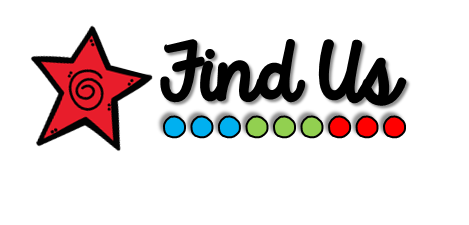Understanding basic concepts of science are great building blocks for young children to want to seek out more knowledge. However, cause and effect priciples can be applied for more than just science. Asking open questions like “what you think will happen” is the best way to get the most out of any activity or experience. Many people make the mistake of “telling children” rather than letting them engage in thought and problem solving.
Here are a few simple activities that can be used outside of a science background to fully engage children in the concept of caue and effect.
Activity 1: Read the story of Goldilocks and the three bears. Ask some of the following questions:
Q1:What caused the chair to break?
A1: Goldilocks was too big for the baby bear chair, so it broke.
Q2: What caused baby bear to get mad when the bears came back home?
A2: Someone had ate his porridge, someone broke his chair, someone had slept in his bed.
These types of pointed questions can be applied to all types of stories including, Laura Numeroff’s "If You Give..." series of books (including If You Give a Mouse a Cookie, If You Take a Mouse to School, etc.). Even though each consequence or effect is more ridiculous than the next, these brilliantly illustrated books walk children step-by-step through cause and effect relationships, one sentence at a time.
Activity 2: Talk about classroom manners. Ask some of the following questions:
Q1: What would happen if we forget to push in our chairs when getting up from the table?
A1: Someone might trip and hurt themselves.
Q2: What might happen if we push a friend?
A2: Our friend might get hurt, we will hurt our friend’s feelings, our friends will not want to play with us anymore if we are not nice to each other.
Activity 3: (Science) Use regular household objects and ask if they will float on top or sink to the bottom of a glass or bowl of water. Use a clear container so kids can see it sink!
Q1: Will this object stink or float?
A1: Answers will vary based on the child’s prediction of what will happen.
Activity 4: (Dramatic Play/Role Playing) Allow the child to play with various cooking items, whether pretend or real. 
Q1: What do you think will happen if we bake the cookies too long/too short?
A1: They might burn, the cookies will not be ready (cooked)
Q2: What if we made too many cookies and cannot eat them all? What should we do?
A2: The child might suggest that they share them with a sibling or friend. They may also state that if they were to eat all the cookies, they might have a tummy ache.















No comments:
Post a Comment